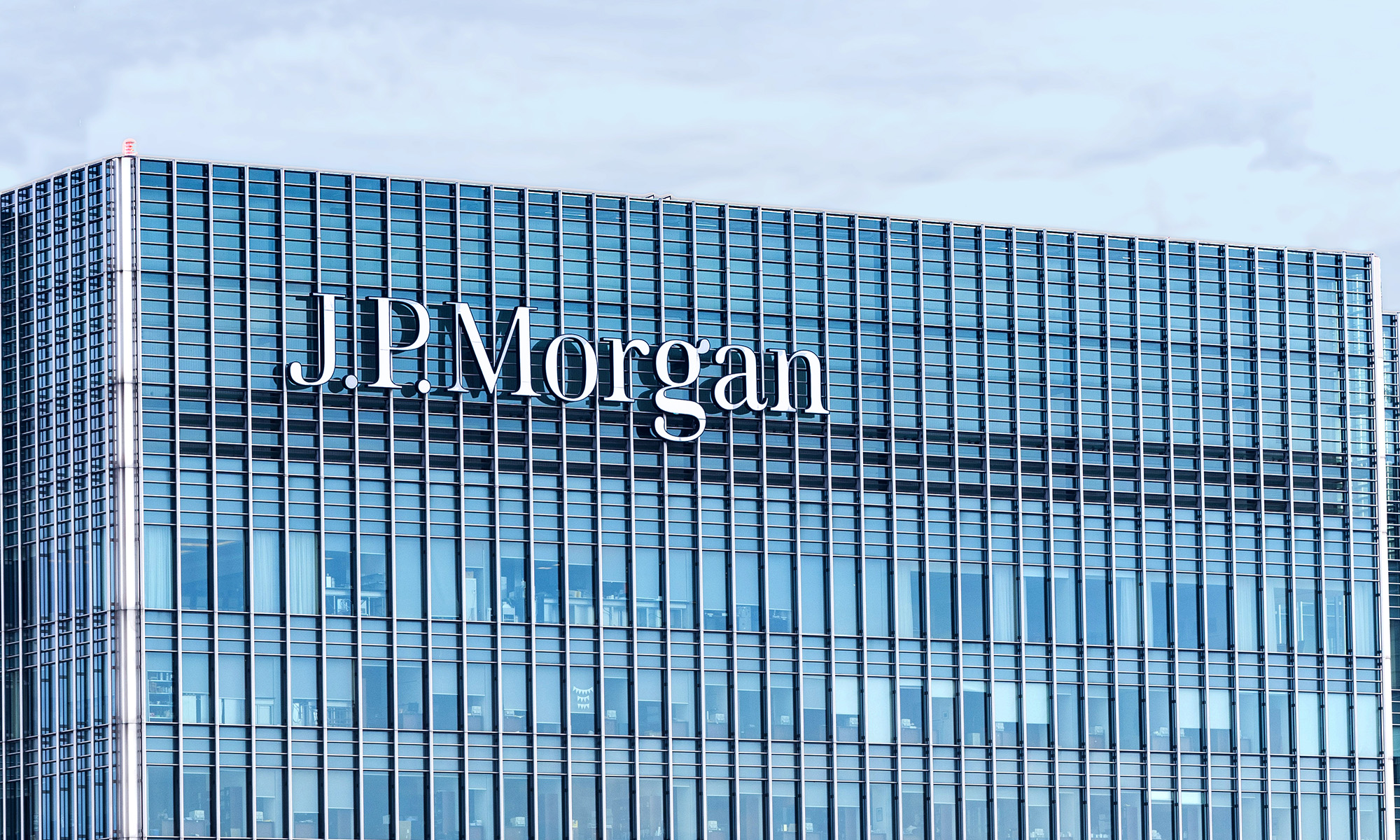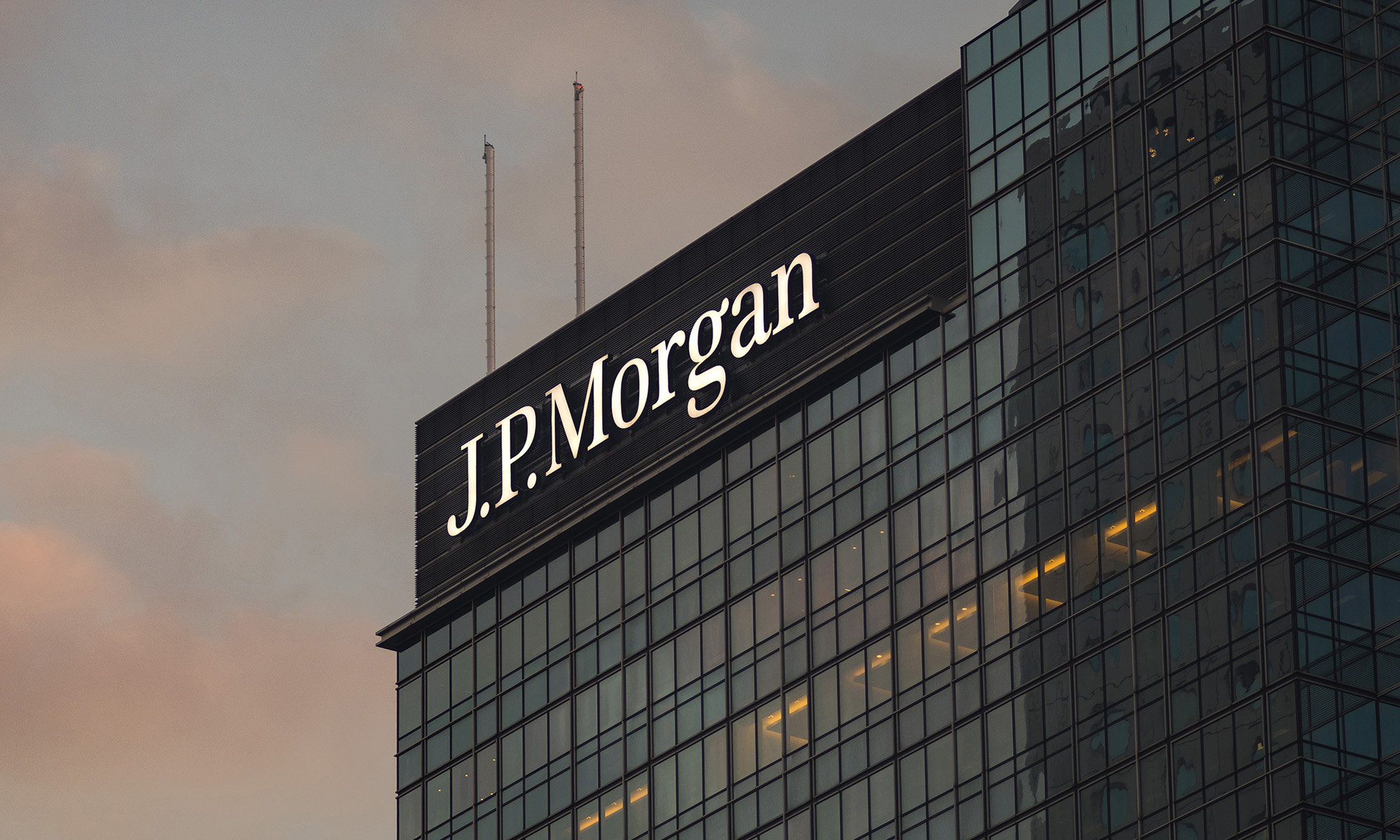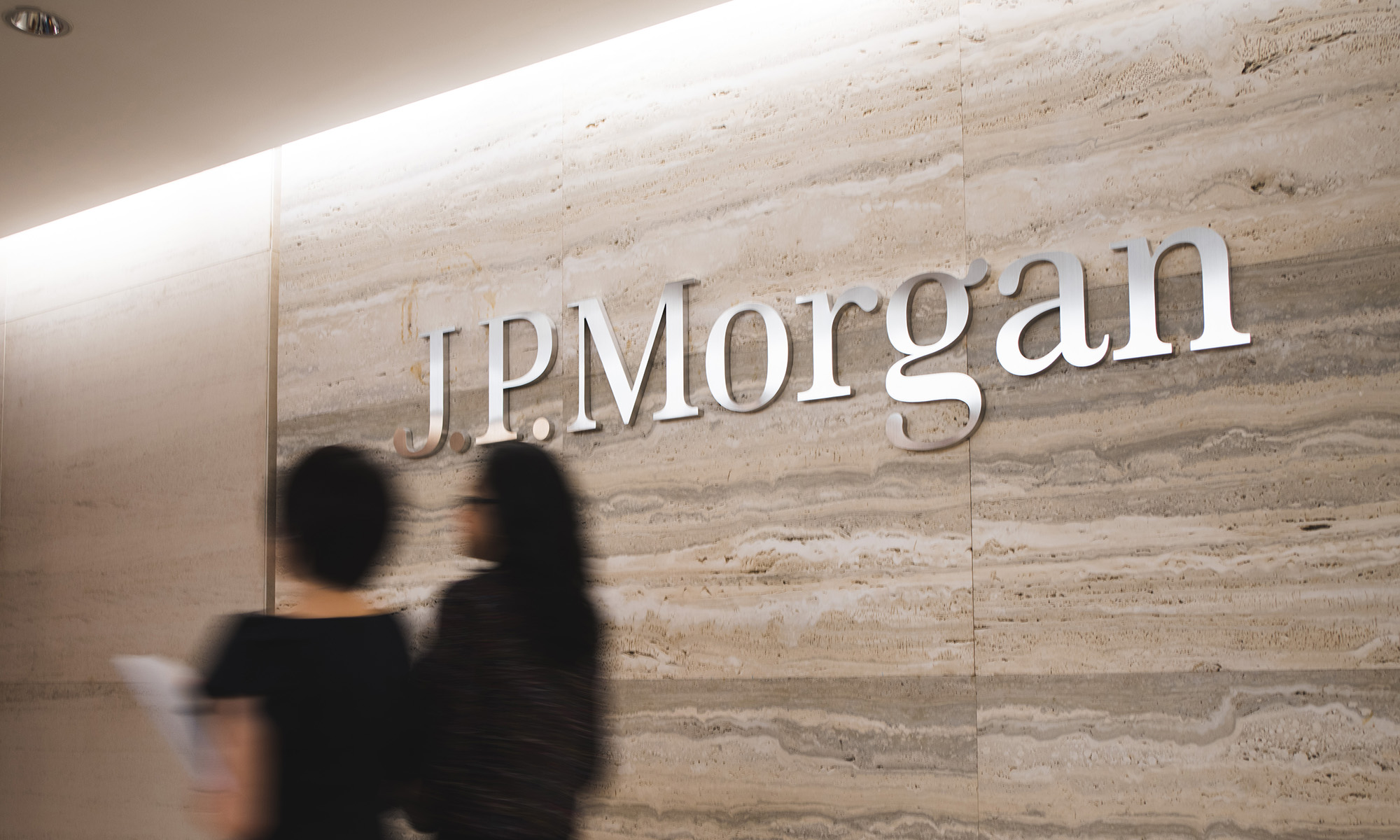JPMorgan Chase (JPM +0.79%), that Cadillac of big banks, has had an especially busy year. Its London Whale fiasco kept it in the limelight for a time, and its mid-year revamping of operations into two divisions has prompted periodic reshufflings of top executives.
That aside, the bank has also been busy doing what investors love: expanding upon those areas that bring home the bacon. Here are three reasons I think JPMorgan is a smart buy for savvy financial investors.
The bank is expanding in areas that are poised for growth
JPMorgan's CFO recently announced that the bank is planning to expand its branch location network in order to bring in additional deposits for lending and other money-making activities. While this may seem like a waste of resources in the age of online and mobile banking, studies show that it is not. Consumers are still very enamored of branch banking, often choosing which institution to make their own based upon this metric.
The bank is also ramping up its private banking business, much like its rival Bank of America (BAC +1.70%). JPMorgan isn't just going after the uber-rich, either -- it is also focusing on the somewhat-rich, those with a spare hundred grand or so, categorized as the "mass affluent." JPM has created nearly 250 of these Chase Private Client branches, according to the New York Times. These are the surroundings in which Chase sells its better-heeled customers pricey bank products such as mutual funds and other investments, in an environment awash with top-notch interior decorating.
JPM has really stepped up its mortgage lending, as well. Net income from home loans rose by $358 million since last year, to $563 million in Q3. Originations grew by 29%, second only to mortgage-market hog Wells Fargo (WFC +0.87%). CEO Jamie Dimon recognized some time ago that the housing market is rebounding, and JPM's Q3 results are proof that the man knew whereof he spoke.
JPMorgan is tops in the Global Syndicated Loan biz
While the Freeport-McMoRan deal has raised investor hackles , it was just another successful transaction for superstar loan underwriter JPMorgan. The company is the undisputed leader in the syndicated loan arena, ranked No. 1 in the world by Thomson Reuters in the categories of Global Debt & Syndicated Loans, as well as Mandated Arrangers of Global Loans. Bloomberg's Global Syndicated Loan Markets Review gives JPM the title of Top Arranger for U.S. loans, noting that of a total of 2,122 loans made during the first nine months of 2012, JPMorgan was involved in 642 -- the volume of which was valued at more than $173 billion.
JPMorgan was also awarded Global Finance 's Best Equity Bank award for 2011, noting that the bank boldly went were others feared to tread, partnering with other firms when necessary to get the deal done.
Often, as with the Freeport transaction, JPMorgan is the main underwriter. Indeed, Reuters notes that the bank is the No. 1 bookrunner so far this year for Americas Loans, North America Loans, U.S. Loans, U.S. Leveraged Loans, and U.S. Investment Grade Loans. But don't get nervous: The New York Times points out that the bank has had no problems divvying up the debt later. Though some analysts got nervous last year after the bank loaned AT&T (T +1.44%) $20 billion toward its bid to acquire T-Mobile, it quickly chopped up and syndicated the loan among 11 other lenders, taking the oversized risk off of its own books.
CEO Jamie Dimon
Dimon has acquired near-celebrity status since the financial crisis, often being depicted as the hardy captain navigating the huge ship of JPMorgan through the treacherous wake of that debacle. Melodramatic, perhaps, but there is obviously something to all the adulation. After all, his bank did fare better than others, even Bank of America, in the aftermath of the meltdown.
But his reputation as a stickler that checks and double-checks everything to make sure that the bank is not being put in a risky situation was dinged a bit earlier this year. The London Whale fiasco took a jewel or two out of Dimon's crown, but not for long. Even during the Senate Banking investigation, the boyish CEO was treated more like a drinking buddy than a potential miscreant.
These days, his luster fully restored, Dimon's name is being bandied about as a possible replacement for outgoing Treasury Secretary Timothy Geithner. Not by anyone in a position to actually put him there, of course. But, when Warren Buffett makes a suggestion, people perk up, even if it has nothing to do with investing. And so it was that, when Buffett told interviewer Charlie Rose that Dimon would be his choice, the news got around fast.
Revolving-door issues aside, Dimon certainly is the kind of guy who could stand up to just about anybody, which is part of what makes him such a good leader. For JPMorgan investors, though, I think it would be better for him to stay put.









